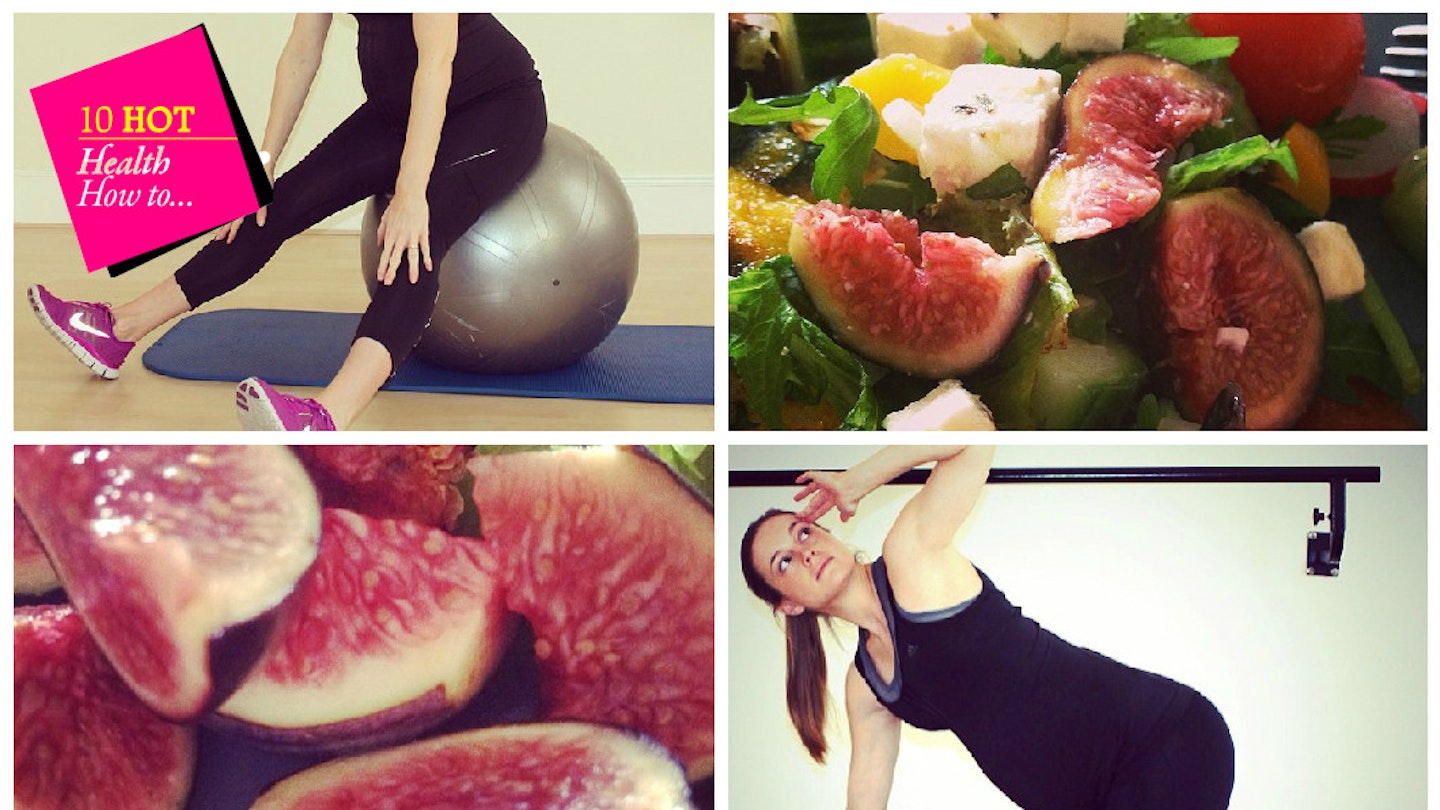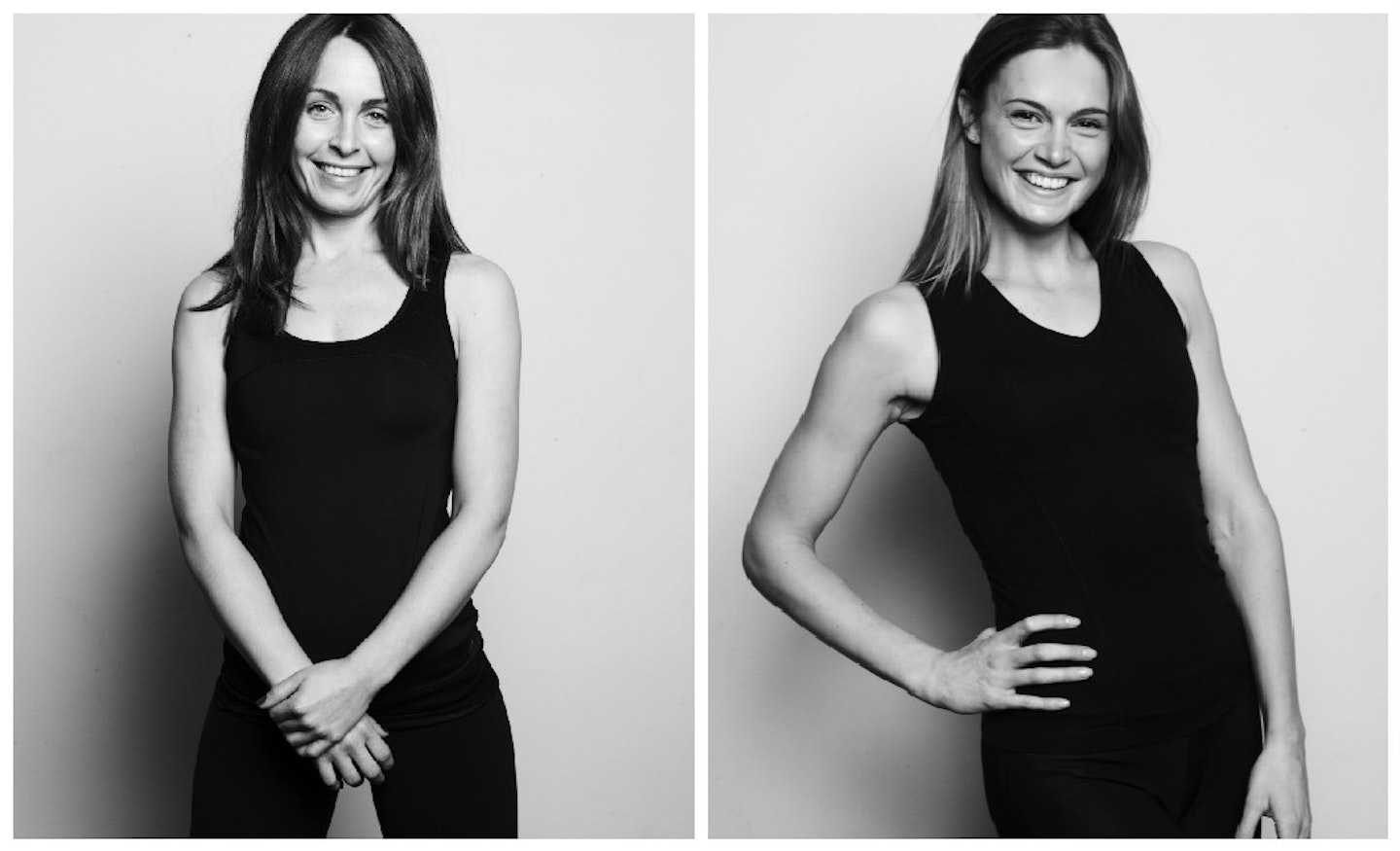
With your body and life changing so rapidly, pregnancy can be a scary and confusing time. We caught up with Nicky Doherty, pre and post natal trainer and founder of Vita Wellbeing to get the lowdown on exactly how to keep fit, healthy and energised throughout pregnancy.
1. How can pregnant women best boost their energy levels?
During pregnancy women are very in tune with their bodies, so listen to yours and rest when required! Stay hydrated by drinking small quantities of water throughout the day – you’ll need more than usual with a baby on board - and eat every 3 hours. If you're feeling particularly tired take 10 deep breaths to feel instantly revitalised.
2. How do women need to change their fitness regimes during pregnancy?
Pregnant women tire easily, so we give our clients energiser programmes to replace their regular pre natal programmes on low energy days. Hormone changes can make joints more susceptible to injury, so the further along you are the more careful you have to be. As your bump grows and your uterus compresses your diaphragm, you’ll become more out of breath too so be sure to adjust any cardio work accordingly - you should always be able to talk throughout your activity.
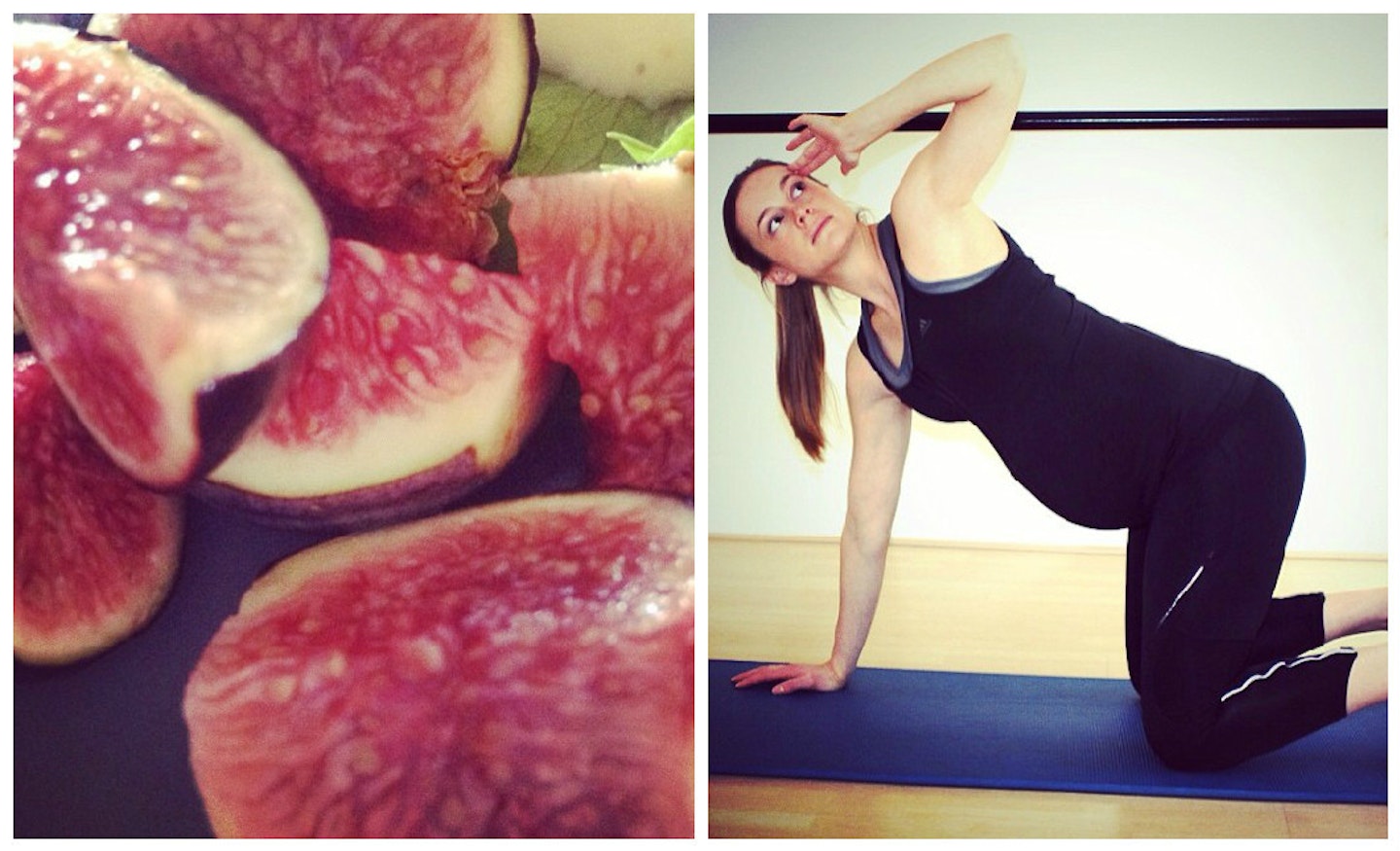
3. What exercise type is best during pregnancy?
Every woman's body responds differently to pregnancy so it’s hard to generalise with antenatal training and it's always best to seek advice. However, the more active and fit you are during your pregnancy, the easier it will be to adapt to your changing shape and return to your pre pregnancy figure post birth. This is not a time to set new fitness goals. Instead focus on stretching muscles that are tight and strengthening muscles that are weak to maintain correct posture. It’s good to exercising deep core muscles, such as the pelvic floor, as well as the glutes, to help your body support your growing baby.
4. Are any exercises off limits?
Contact sports and exercises that find you lying on your stomach are off limits. After 16 weeks avoid lying on your back for long periods as the weight of the uterus can press on a main blood vessel, making you feel dizzy and restricting blood flow to you and your baby. Doing abdominal crunches or any exercises that flex and compress the abdomen is a no-no too, not only are they uncomfortable, they seriously weaken your abdominal muscles and decrease your chances of regaining a flat stomach post-birth.
5. Can runners still run?
This is a controversial subject, with arguments for both sides. It's hard to generalise, but if you’re a seasoned runner and not considered a high risk pregnancy, it's considered beneficial, both physically and psychologically. Having said this, many women who usually enjoy running often find it just doesn't feel right with a bump and seek alternative exercise options. Pregnancy is definitely not the time to take up running if you’ve never done it before.
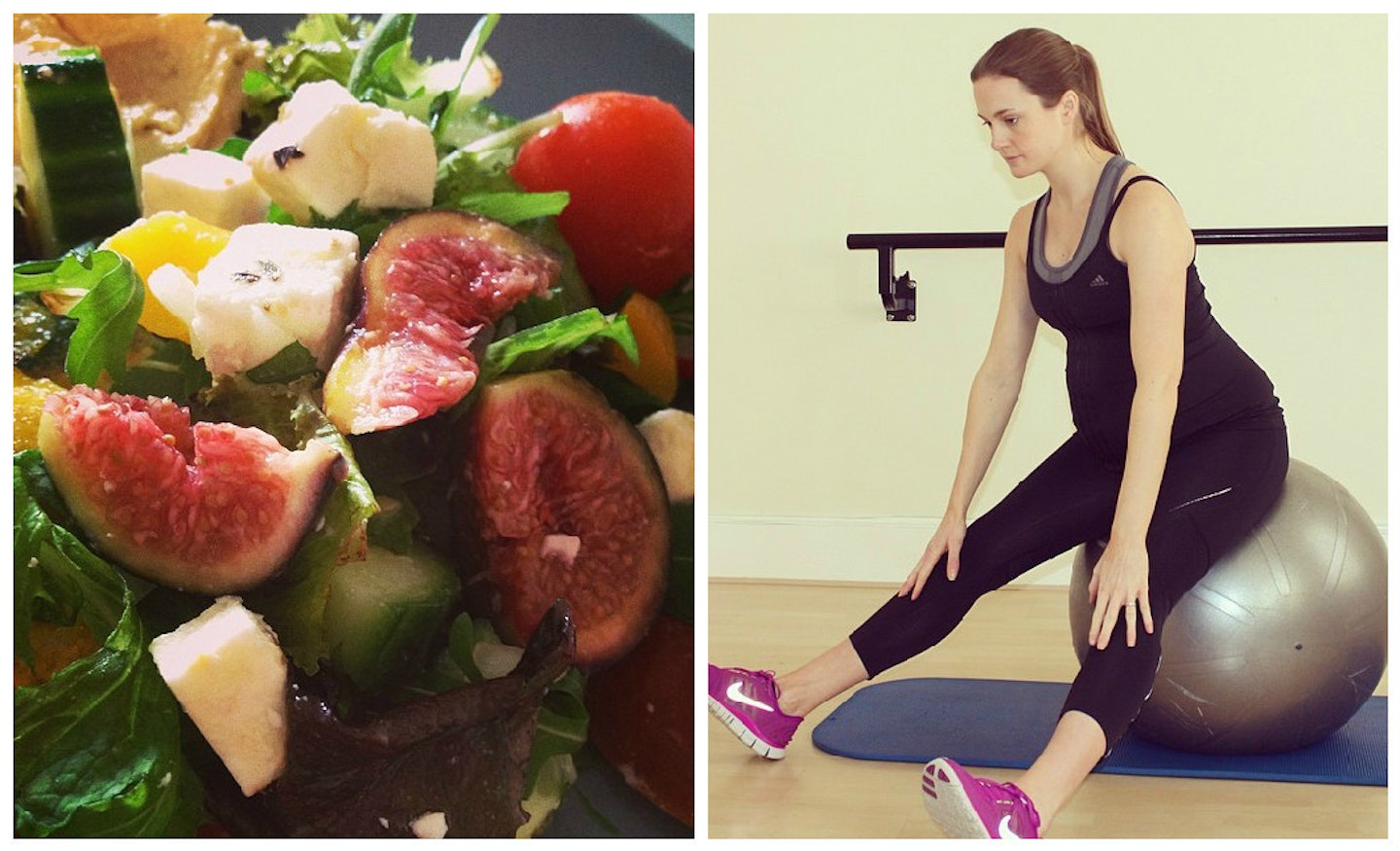
6. How important are pelvic floor exercises really?
They’re essential! Situated at the base of the pelvis, the pelvic floor muscle is made up of four different layers and is shaped like a figure of 8. It helps control the turning of the baby during delivery, supports and stabilises the lumbar spine and pelvis and controls the openings of the anus, vagina and urethra, which is why it’s so important for bladder control.
Practice activating your pelvic floor muscles with 3 separate movements:
A)Imagine you are stopping yourself from peeing (don't actually do this as it increases the risk of a urinary tract infection)
B) Imagine you are holding a tampon up inside you
C) Imagine you are stopping yourself from breaking wind
7. How can women help their tummy 'bounce back' post-baby?
Strengthening your deep abdominal, pelvic floor and back muscles will help to maintain your abdominal strength and keep muscles conditioned so that they can return to their pre-baby form. The best exercises are:
- Deep abdominal activation: Lie flat on your back with your knees bent and feet flat on the floor, take a deep breath in and as you breathe out, slowly and gently pull your belly button towards your spine. Hold for 10 seconds, whilst continuing to breathe then release.
- Horse Stance: Start on all fours then straighten and lift your left arm and your right leg so they align with your back, hold for ten seconds, then repeat, this time using your right arm and left leg. Keep alternating twenty times.
- Pelvic floor exercises - see above!
8. And is resistance training safe?
Providing you are not a high risk pregnancy or suffering from injury, resistance training in the form of lifting weights is perfectly safe. However, it is important that resistance training is done in combination with pelvic floor exercises as your pelvic floor must be fully functioning and firing on all cylinders to provide support. Labour was the toughest workout I've ever done and resistance training helped give me the mental strength and determination I needed to push through. It’s also good preparation for the times ahead, struggling with the baby seat in one arm, and a pushchair on the other – a lot of injuries occur post pregnancy when women return to doing these everyday things.
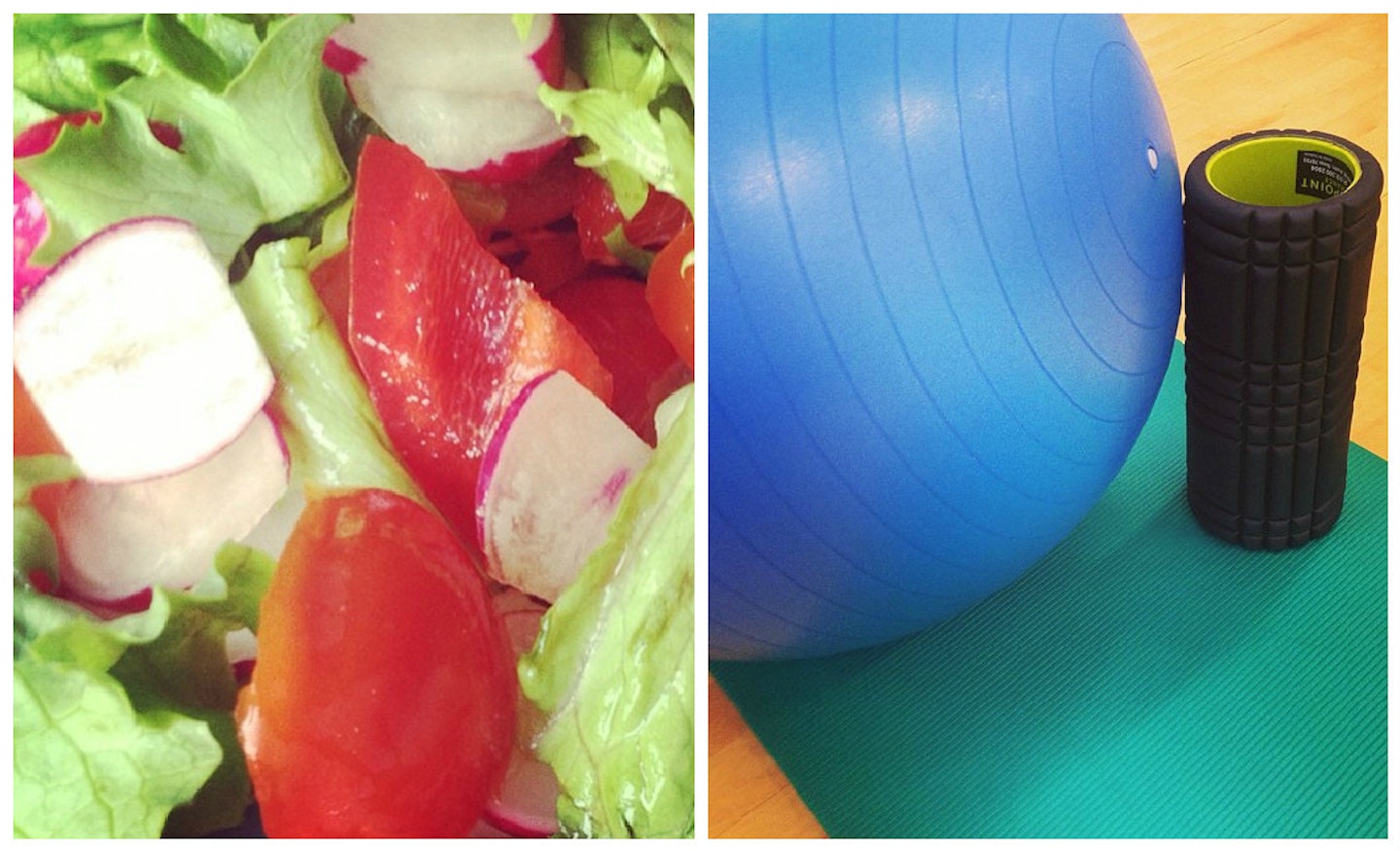
9. Where can women snap up the best maternity wear?
Having a supportive sports bra is essential: Shock Absorber sports bras are not maternity specific, but are great. I also love shopping at www.maternityfitwear.com,www.nordicmama.co.uk, www.maternitysportswear.com and www.lululemon.com, which doesn’t have a specific maternity line, but offers wonderfully supportive, comfortable and flattering options. Remember that feet also change shape and swell during pregnancy, so try switching to Vibram 5 foot trainers, which are made from material that conforms to the shape of your foot whilst providing support, grip and the flexibility to adapt as you do.
10. Can women have massages during pregnancy?
A massage aids circulation, reduces water retention and stress, relieves aches and pains and provides much needed relaxation. Ensure you see a pregnancy specific massage therapist as there are certain oils and pressure points that should be avoided, as should massage in the first 12 weeks of pregnancy.
